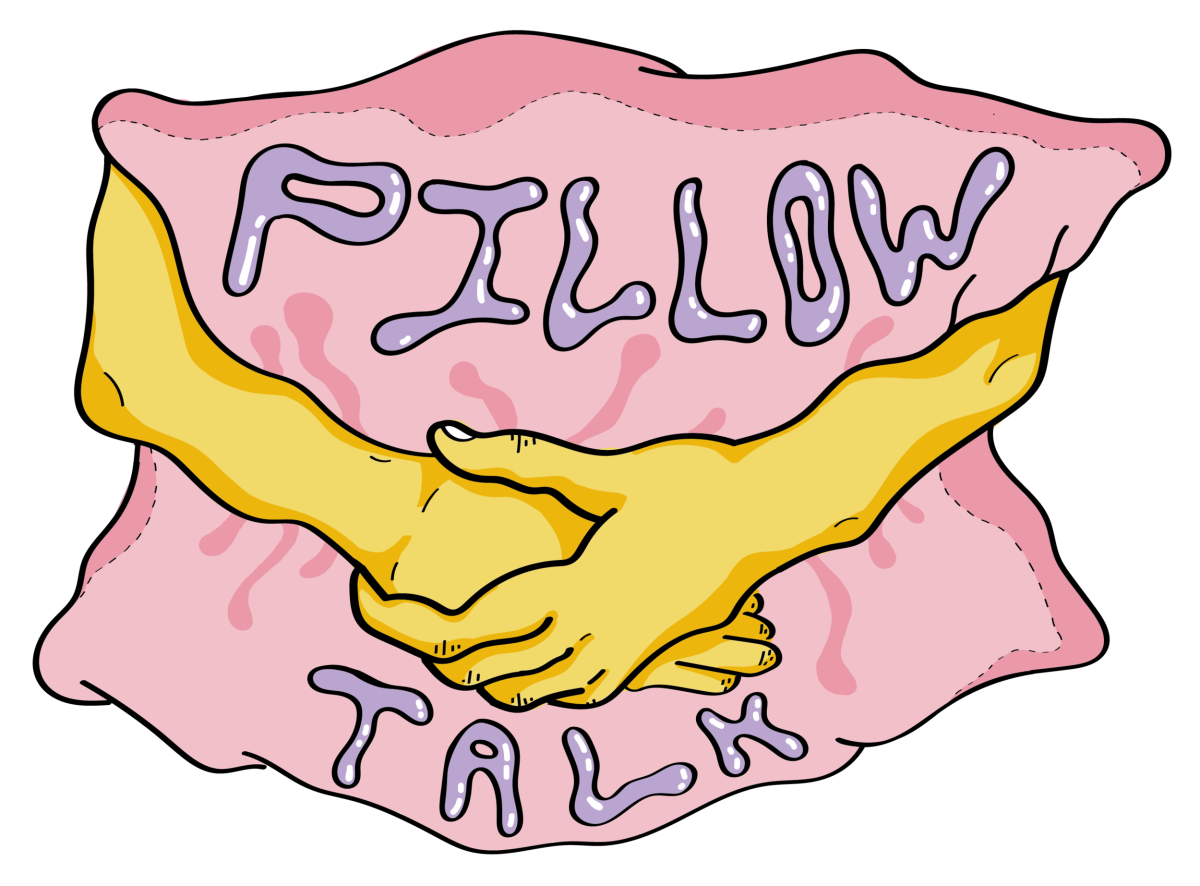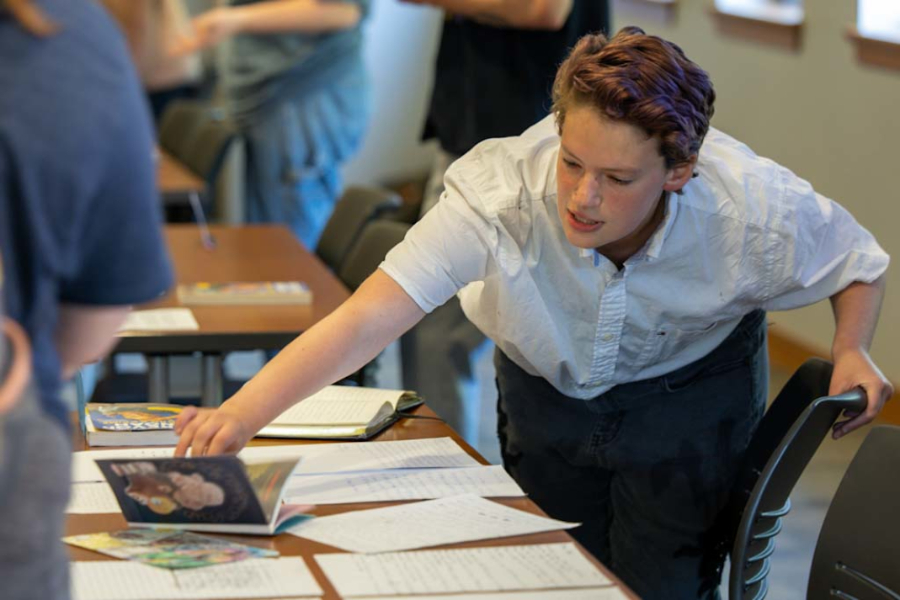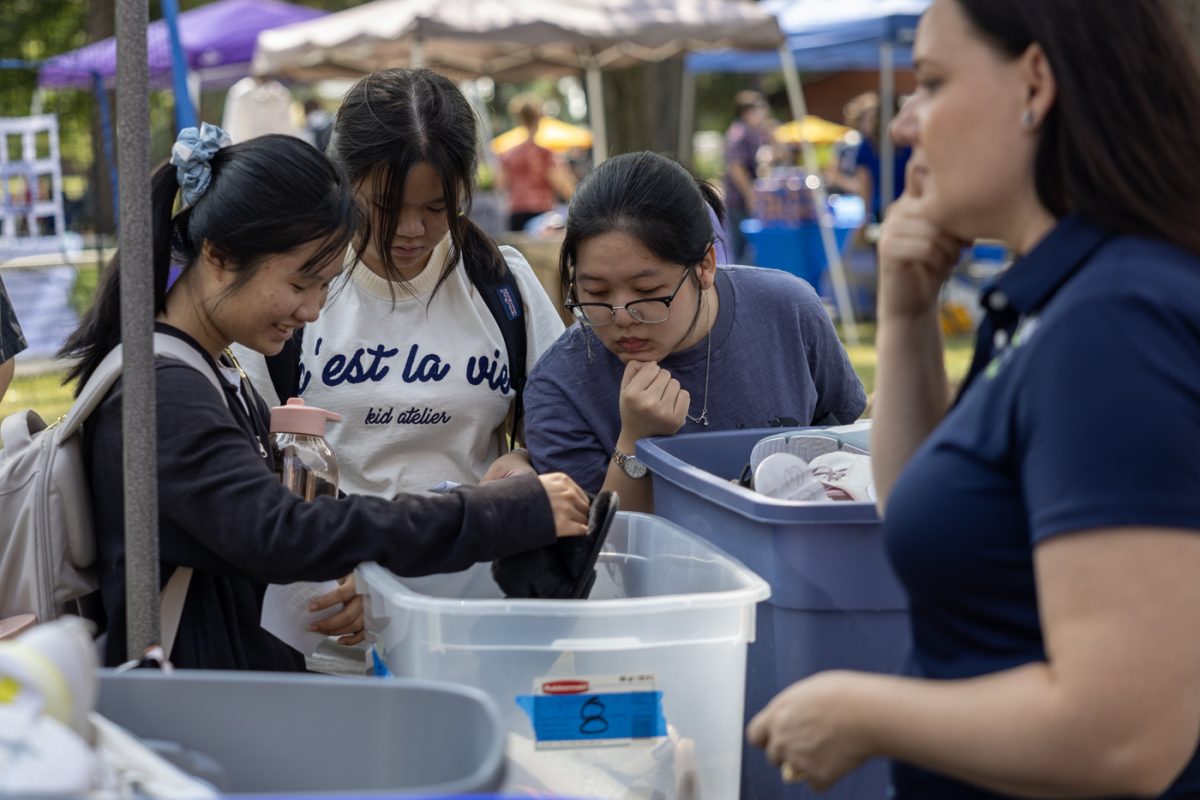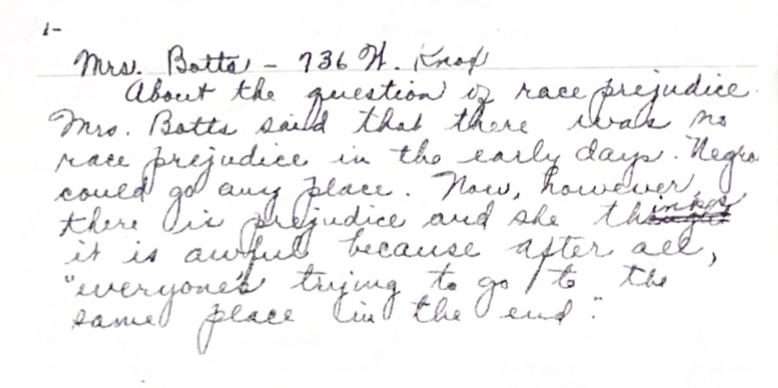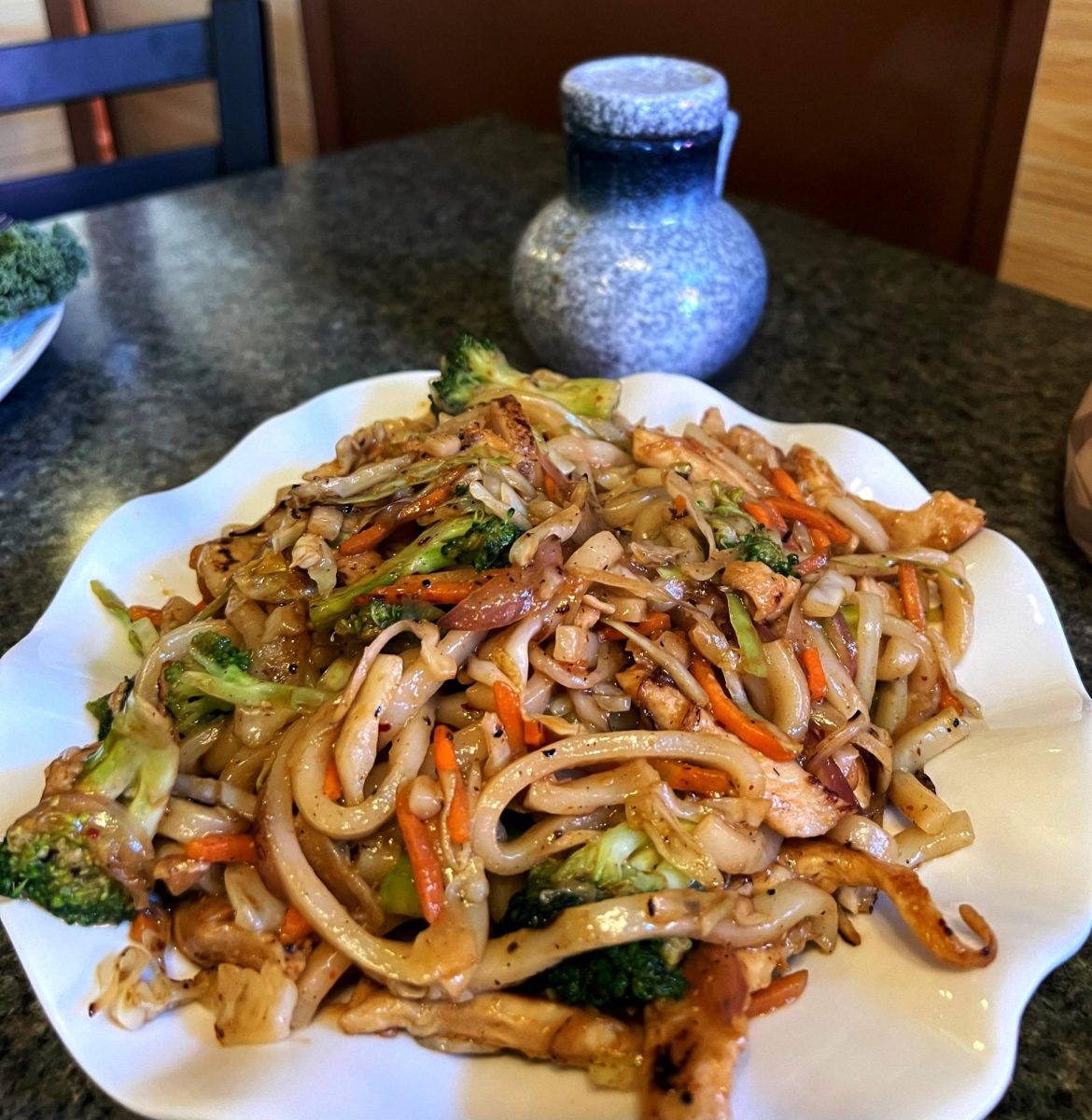I’m halfway through my fifth year as a college student, and I’m kind of feeling like I forgot how to write.
Somewhere along the ongoing months of quarantine —my never-ending and seemingly-severe time blindness makes it difficult to tell exactly when— I lost the desire to have any of my work written out and published the way I always wanted growing up.
Writing, posting and sharing whatever spontaneous chain of words come out of my mouth online seems more daunting than ever. My social media presence has decreased significantly because of the attention I have been paying to the words I post online. Publishing my writing continues to fade into the undercurrents of my to-do list. It’s not the easiest thing to deal with when it comes to being a student right now—let alone working on a newspaper.
This has never been such an issue for me. When I think about my work as a journalist, I feel like I have always been able to throw articles together without blinking an eye. But lately, I stare at the blank Google document for an unknown amount of time without a plan for what to write. None of the ideas of what I could say seem to explain enough of what is going on in my head.
I’ve been waiting for the perfect train of words to string together that could accurately describe how I’m feeling as co-editor-in-chief of TKS, but I just feel burnt-out. It’s a feeling that I am sure a lot of other students have gotten acquainted with over the past few years.
I also feel like I have heard the term “burnout” thrown around pretty often in academic settings as a thing to keep an eye out for, but I didn’t ever really consider it. Burnout, according to Psychology Today, is a state of emotional, mental, and often physical exhaustion brought on by prolonged or repeated stress. Although burnout is often caused by work-related stress, it can also appear in other areas of life, like romantic relationships or any type of caretaking.
As a younger student, part of me ignored the red flags of burnout, because another part of me only ever saw it as just… inevitable. Thinking about it, considering something like prolonged or repeated stress has never been much of an option as a low-income college student involved in multiple areas of academia. I needed to sacrifice my well-being to ensure I could squeeze every drop of knowledge possible out of my undergraduate degree.
Younger me never considered a fifth year either, but saw it as an obvious choice to get the most out of my time in school. With an extra year to take in the community and campus environment around me, I’ve seen more new students on the same high-speed run into burnout due to the unrealistic expectations they’re given.
I didn’t want to see the actual harms of burnout due to the sacrifice I was making to have a stable income one day. I had been denying and avoiding clear signs of past burnout to ensure my future success for years before college. I’d always felt this never-ending lack of time to finish projects and the hectic catch-up process.
It wasn’t until the beginning of this academic year that I started to give myself credit for how much I have gone through and the work I put in. Then, I could begin acknowledging how far past my boundaries I had gone in all these different areas of my life.
I was a first-year student when Knox’s slogan was the “human-powered experience.” With this slogan in mind, Knox offered a unique opportunity to gain credibility as an academic by allowing the access to learning through physical and individual experience. A pandemic complicated our motto in the middle of our supposed human-powered experience. I am still left wondering how the Knox community will ever feel “caught-up.”
Getting on my computer feels hard for me right now. So many aspects of our lives are online—branching from social appearance to career-building to communicating with family and friends—burnout is even more possible in different pockets of our everyday lives.
Last June, I watched what was supposed to be my college graduation. Although I’m grateful for this opportunity to continue my education and further my experiences in Galesburg, I can rightfully say that since filling out the electronic application for a free fifth year, I’ve been waiting for any sign of support or recognition that this specific time might be difficult. I haven’t received or been informed of any resources or support as to what this transition might be like for those of us that stumble over the word ‘senior,’ since that time has already come and gone.
So maybe I haven’t been living up to this preconceived idea of what a student can handle on an everyday basis, but I can see now as the new wave of students take executive roles in campus life that Knox continues to force unrealistic amounts of expectation onto student leaders without support. This needs to be addressed, but it needs to be more than an email. We must acknowledge that it is demanded of students to produce work that is all merely for administrative gain, and take action to change a culture that has led so many into burnout.




